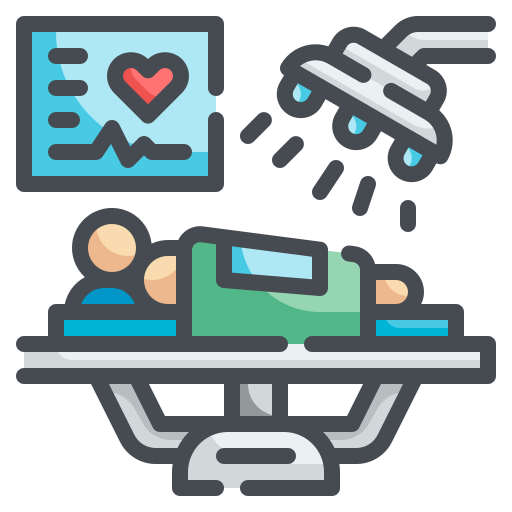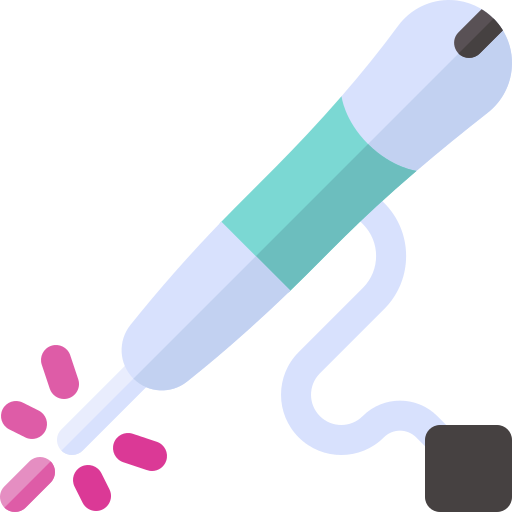Fissure
An anal fissure is a small tear in the thin, moist tissue that lines the anus. The anus is the muscular opening at the end of the digestive tract where stool exits the body. Common causes of an anal fissure include constipation and straining or passing hard or large stools during a bowel movement. Anal fissures typically cause pain and bleeding with bowel movements. You also may experience spasms in the ring of muscle at the end of your anus, called the anal sphincter.
Anal fissures are very common in young infants but can affect people of any age. Most anal fissures get better with simple treatments, such as increased fiber intake or soaking in a warm-water bath. Some people with anal fissures may need medicine or, occasionally, surgery.










